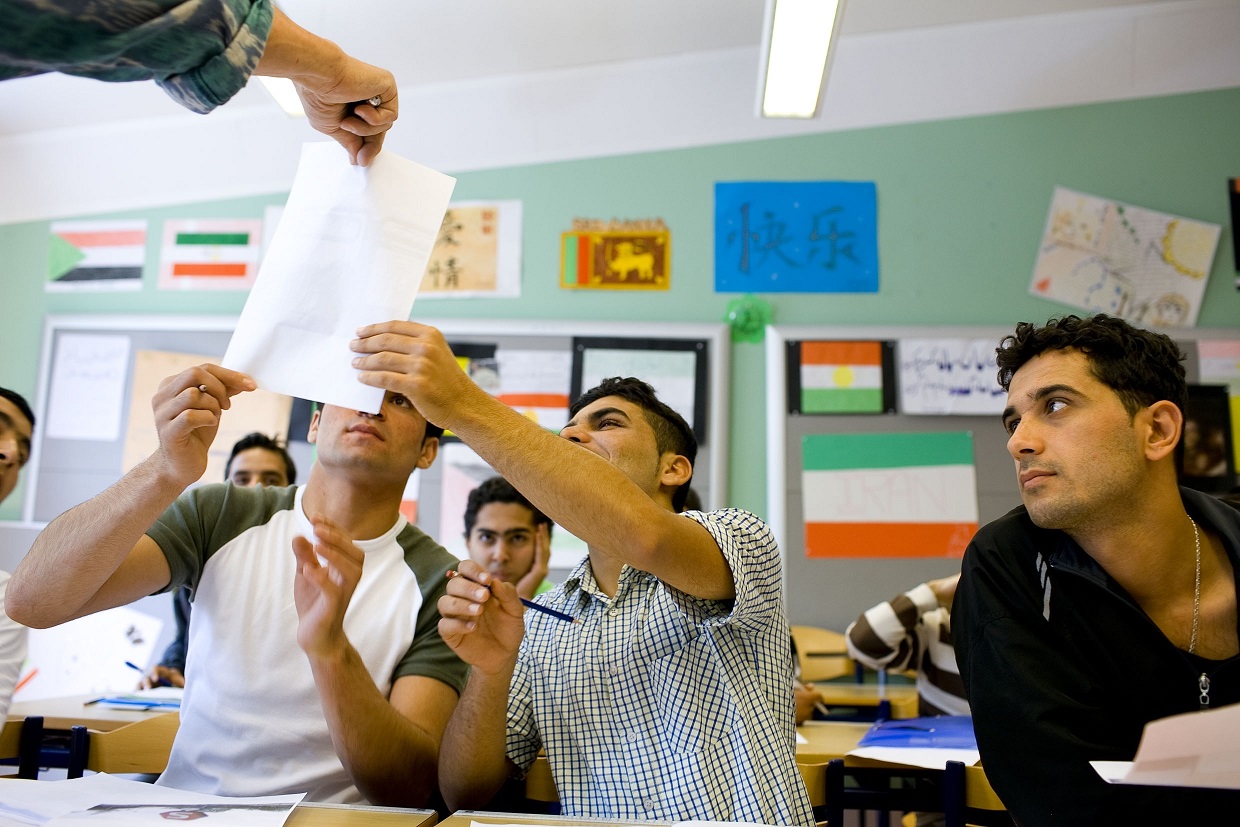Various challenges for migrants to participate in education
Published:
The European Employment Policy Observatory (EEPO) of the European Commission recently published the synthesis “ Challenges in the Labour Market Integration of Asylum Seekers and Refugees”. Apart from legal and administrative, institutional and societal challenges refugees and asylum seekers are facing when attempting to integrate into the European labour market, the report deals rather deeply with education and qualification issues. Several types of problems have been identified.
First, access for refugees and asylum seekers to education, which primarily includes language learning and vocational training/development, often depends on their legal status. For instance, partly, language courses are given only to those who have finally got granted asylum.
However, among migrants, lacking information about the different opportunities is widespread. For many, a low level of qualification leads to few chances of employment. In Bulgaria, 80% of the lately received migrants have only primary education qualification at the most. Nevertheless, they are often encouraged to the ‘fast track to employment’ instead of providing them with further education. This is the case for example in Belgium.
Recognition of qualifications is another challenge. In addition to expensive or complicated processes, many migrants are not aware of these opportunities. Validation of skills and competences without a degree can be even more difficult. Besides, anew certificate does not automatically lead to a work permit.
Furthermore, lacking language competence is the main obstacle to the integration of refugees preventing them from the attendance in vocational training, schooling and even special services for refugees. Language courses do not always bespeak success because of restricted access to training, a too low level offered to the learner or they are delivered late. Also, the way of learning languages, understanding the European style of teaching, and finding motivation can be difficult for migrants. Due to low level of contact with locals, the new language cannot be practiced.
The report suggests that there is room for improvement on coordinating the services offered to refugees and migrants. At the moment checking the competences and skills of the refugees and migrants are not even standardised among the European countries and even many times inside of countries, meaning that different aspects are tested and in different ways. Sometimes responsibilities for supply and funding of trainings are unclear. An electronic platform, accessible by all institutions involved, as created in Spain, has proved to be very helpful.
ETUCE acknowledges these problems and is committed in fighting for better participation of refugees in education. A resolution on Promoting Education as the Key to Integration and Inclusion is foreseen to be adopted at the ETUCE Conference in December 2016.
Download the publication via this link.